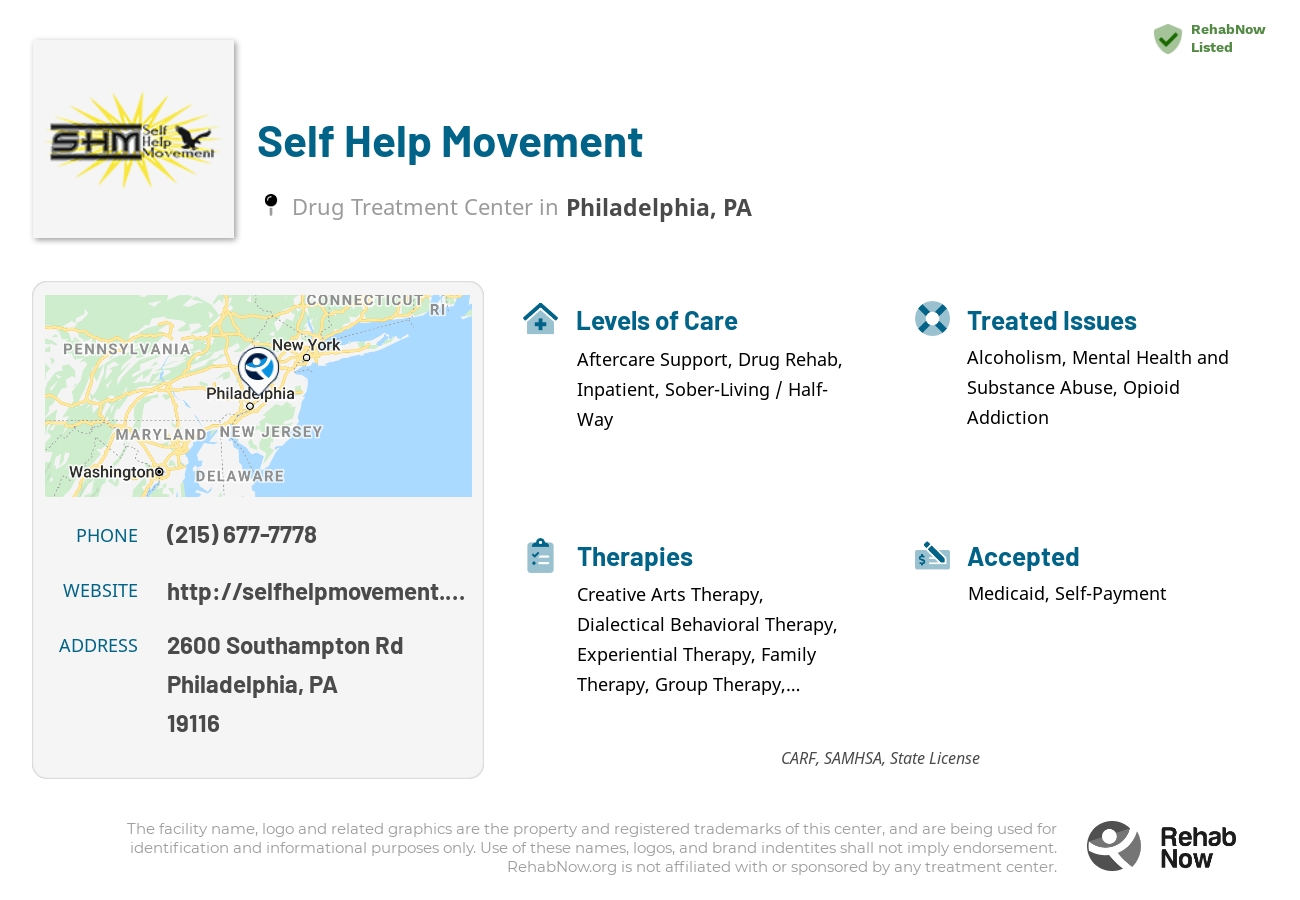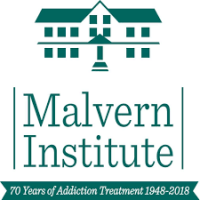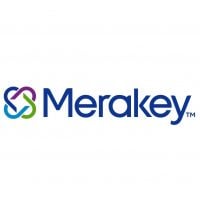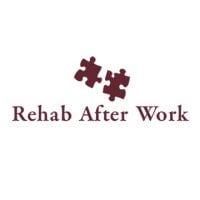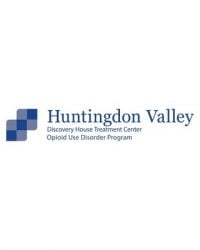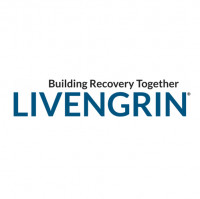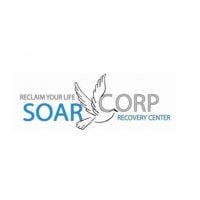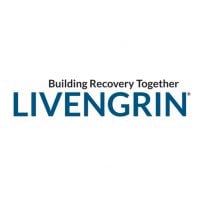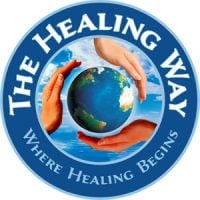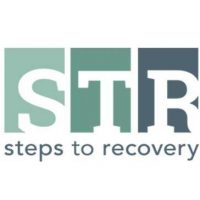Self Help Movement
Drug Rehab Center in Philadelphia, Pennsylvania
Self Help Movement is a private treatment facility in Philadelphia, PA, providing comprehensive care and evidence-based treatments for substance abuse, opioid addiction, and dual diagnosis, with CARF and SAMHSA accreditation and a capacity of 133 beds.
About This Philadelphia, PA Facility
Self Help Movement, located in Philadelphia, Pennsylvania, is a private treatment facility providing comprehensive care for those struggling with substance abuse, opioid addiction and dual diagnosis. In addition to raising awareness and providing resources for those in need, the organization gives individuals the opportunity to access high-quality treatment programs tailored to their needs. The range of care offered includes aftercare support, drug rehab, inpatient, sober living/half-way, and residential services.
Self Help Movement helps individuals make lasting changes by utilizing evidence-based treatments, combined with more holistic approaches, such as creative arts therapy, dialectical behavioral therapy, experiential therapy, family therapy, rational emotive behavior therapy, recreational therapy, and trauma therapy. As part of their commitment to providing quality care, they are accredited by CARF, SAMHSA and are a licensed entity by the state. With a capacity of 133 beds, Self Help Movement is dedicated to helping individuals break free from substance abuse and lead successful and healthy lives.
Genders
Ages
Modality
Additional
Accreditations
State License
SAMHSA

CARF
The Commission on Accreditation of Rehabilitation Facilities (CARF) is a non-profit organization that specifically accredits rehab organizations. Founded in 1966, CARF's, mission is to help service providers like rehab facilities maintain high standards of care.
Conditions and Issues Treated
Opioid addiction treatment facilities in Pennsylvania, like Self Help Movement cover both illegal and prescription opioids abuse. Most plans include detoxification and subsequent medications to ease the process. Behavioral therapies and counseling are also necessary to resolve the root cause of addiction.
Levels of Care Offered
This center offers a variety of custom treatment tailored to individual recovery. Currently available are Aftercare Support, Drug Rehab, Inpatient, Residential, Sober-Living / Half-Way, with additional therapies available as listed below.
Inpatient rehabilitation aims to treat severe addictions and co-occurring disorders. Depending on individual requirements, the duration of the stay at Self Help Movement ranges from four weeks to six months. Pennsylvania inpatient recovery guarantees that the patient resides in an environment free of drugs.
A sober living home in Philadelphia, PA, also known as an SLH, is much like a halfway house. It is halfway between a drug or alcohol treatment facility and living at home. There are some specific rules and regulations residents must follow, like attending mandatory meetings, and household chore-type activities.
Residential treatment programs are those that offer housing and meals in addition to substance abuse treatment. Rehab facilities that offer residential treatment allow patients to focus solely on recovery, in an environment totally separate from their lives. Some rehab centers specialize in short-term residential treatment (a few days to a week or two), while others solely provide treatment on a long-term basis (several weeks to months). Some offer both, and tailor treatment to the patient’s individual requirements.
Treatment for substance abuse does not cease after an individual successfully completes a detox or rehabilitation program. A vital follow-up treatment service is aftercare support provided to individuals at Self Help Movement in Pennsylvania after they attain initial sobriety.
Aftercare support often takes the following forms: 12-Step Programs, Outpatient Treatment Programs, and Support Groups. The most effective aftercare programs are tailored to meet an individual’s specific needs and circumstances.
Self Help Movement‘s Therapies & Programs
Treatment programs include individual therapy for the greatest chances of success. Customized individual therapy is counseling involving you and your Self Help Movement counselor. Individual therapy leads to greater peace and understanding about your triggers for addiction.
When family members are more proactive and involved in the treatment procedure, it encourages the patient to advance his or her progress. Moreover, it shouldn’t be ignored that genetics play a role when it comes to addiction, so it’s better to approach the problem as a unit. Also, with proper education, family members can help an individual avoid addiction triggers and guide him or her in making lifestyle changes necessary for his or her sobriety.
It has been said that unhealed trauma is the root of most addictions. Trauma therapy is a way of addressing trauma while in a safe situation in order to heal. Healing past traumas and introducing coping strategies are strong foundations for sustained recovery from addiction. This may involve individual or group counseling or both, in a Philadelphia, PA facility. Other forms of therapy have been proven to assist in healing past traumas.
Dialectical Behavior Therapy (DBT) helps those who attend Self Help Movement understand how their feelings, beliefs, and thoughts affect their behaviors. DBT is particularly useful for people with self-harming behaviors, as well as those with substance abuse disorders. DBT teaches people how to tolerate distress, regulate their emotions, and how to become mindful.
Cognitive Behavioral Therapy (CBT) is a type of psychotherapy that focuses on the underlying thoughts and behaviors that caused the problem of addiction in the first place and may cause a relapse. Negative feelings are common in substance abuse disorders, and if not recognized, they can cause co-occurring disorders.
CBT involves strategies that help to change the thinking and behavioral pattern by cognitive restructuring. In simple terms, it helps to remove negative thoughts and provides long-term benefits. Also, CBT promotes self-awareness, self-control, and healthy ways to respond to negative thoughts. It can be administered as a mono-therapy as well as a part of combination therapy.
In the midst of an addiction certain healthy habits and behaviors can be forgotten or discarded altogether. While in treatment you will learn life skills that will help you successfully maintain sobriety and rebuild your life in Philadelphia, PA. Some examples of this are time management, social skills, nutrition, hygiene, stress management and taking care of yourself.
Patient Experience
Creative Arts
Many people opt for creative arts therapy at Self Help Movement because allowing out the creative side helps them process many situations. Creative arts therapy can include singing, playing instruments, writing, sculpting, fashion, painting, improv, building, and more. The creation process helps people think through puzzles to achieve and end result, which can then be applied to the process from addiction through recovery.
Experiential Therapy at Self Help Movement
Experential therapy is a unique type of therapy that deals with the subconscious mind. This treatment offered by Self Help Movement in Philadelphia, PA encourages individuals to work out their issues with their inner self. Some of the most common examples of experiential therapy are equine therapy, music therapy, adventure therapy, and role playing.
Payment Options Accepted
For specific insurance or payment methods please contact us.
Additional Details
Specifics, location, and helpful extra information.
Philadelphia, Pennsylvania 19116 Phone Number(215) 677-7778 Meta DetailsUpdated November 25, 2023
Staff Verified
Patient Reviews
There are no reviews yet. Be the first one to write one.
Philadelphia, Pennsylvania Addiction Information
Pennsylvania ranks 14th in the nation for drug-related deaths. More than 10% of all deaths in Pennsylvania have been related to drugs and alcohol. 30% of Pennsylvania youth reportedly drink alcohol monthly, with more than 20,000 teenagers having an alcohol problem. The rate of opioid misuse in Pennsylvania is double the national average.
Drug addiction and abuse are a big problem in Philadelphia, Pennsylvania. According to recent statistics, about 73,000 people in Philadelphia struggle with drug addiction. This means that about 7.5% of the population is addicted to drugs. Philadelphia also has one of the highest overdose rates in the country, with about four deaths per 100,000 people. It is important to choose a program that fits the individual's needs and addiction severity.
Treatment in Nearby Cities
- Willow Grove, PA (6.9 mi.)
- Mount Pocono, PA (72.3 mi.)
- Bala-Cynwyd, PA (14.5 mi.)
- Columbia, PA (80.3 mi.)
- Westfield, PA (182.3 mi.)
Centers near Self Help Movement
The facility name, logo and brand are the property and registered trademarks of Self Help Movement, and are being used for identification and informational purposes only. Use of these names, logos and brands shall not imply endorsement. RehabNow.org is not affiliated with or sponsored by Self Help Movement.





